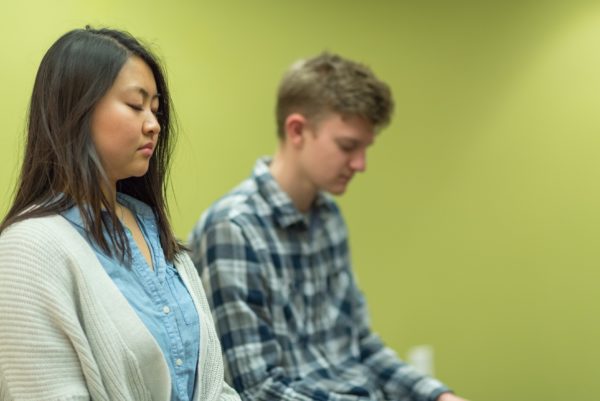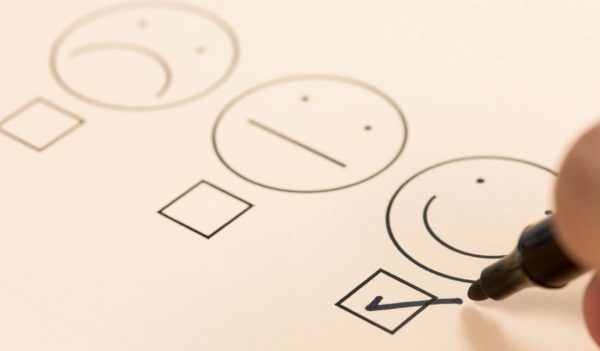Featured Finding
Biological Psychiatry: Cognitive Neuroscience and Neuroimaging. https://doi.org/10.1016/j.bpsc.2024.10.015 NIHMSID: NIHMS2034848
Ongoing Studies
 Developing a Program to Learn and Measure Well-Being at Scale
Developing a Program to Learn and Measure Well-Being at Scale
In collaboration with Healthy Minds Innovations, this project strives to learn how to teach and measure well-being to scale
 Evaluating the Healthy Minds Program Application in a Fully Remote Randomized Controlled Trial
Evaluating the Healthy Minds Program Application in a Fully Remote Randomized Controlled Trial
Exploring whether meditation training via mobile technology (e.g., smartphones) could dramatically increase access to potentially beneficial practices.
 Exploring the Effects of Mindfulness Training on Police Officer Resilience and Well-Being
Exploring the Effects of Mindfulness Training on Police Officer Resilience and Well-Being
The goals of this work are to understand the impact of mindfulness training on police officer well-being and the well-being of people negatively affected by policing.
 Exploring the Impact of an In-Home Parent-Child Mindfulness Training Program
Exploring the Impact of an In-Home Parent-Child Mindfulness Training Program
What impacts does an in-home parent-child mindfulness training program have on children and their families?
 Healthy Minds Program Promoting Resilience During the COVID-19 Pandemic
Healthy Minds Program Promoting Resilience During the COVID-19 Pandemic
Seeking to understand whether large-scale interventions such as the Healthy Minds Program may have a protective effect against stress and mental health challenges during the COVID-19 pandemic.
 Impact of Experiential Curricula and Methods to Nurture Well-Being
Impact of Experiential Curricula and Methods to Nurture Well-Being
Center experts are developing assessments and tools that examine ways to cultivate well-being across a variety of people and contexts.
 Improving the Science and Measurement of Mindfulness
Improving the Science and Measurement of Mindfulness
Researchers are broadening the methods to measure mindfulness
 Mapping the Interface between Meditation and Neuroscience
Mapping the Interface between Meditation and Neuroscience
Center researchers and collaborators are building new approaches to understand the links between traditional contemplative perspectives and scientific theory to better study the scientific effects of meditation training on the brain, body, mind and behavior.
 Measuring Well-Being
Measuring Well-Being
Center researchers are developing a program to teach scientifically-informed practices and principles that facilitate well-being.
 Mindfulness-Based Training and Well-Being During the COVID-19 Pandemic
Mindfulness-Based Training and Well-Being During the COVID-19 Pandemic
Examining whether experience with mindfulness-based programs and training is helping people cope with daily stress and mental challenges during the COVID-19 pandemic.
 Pre-Service Teachers Project
Pre-Service Teachers Project
Center researchers are investigating possible ways to prevent teacher burnout in the classroom.
 Student Flourishing During the COVID-19 Pandemic
Student Flourishing During the COVID-19 Pandemic
Determining whether there are protective effects of learning well-being skills on stress during crises.
 The Student Flourishing Initiative
The Student Flourishing Initiative
Center for Healthy Minds researchers, along with partners at Pennsylvania State University and the University of Virginia, are creating and studying the impact of a well-being curriculum for college freshman.
 Understanding the Mechanisms of Well-Being Training in Adults with and without Asthma
Understanding the Mechanisms of Well-Being Training in Adults with and without Asthma
Center scientists and collaborators examine the impact of well-being training.

